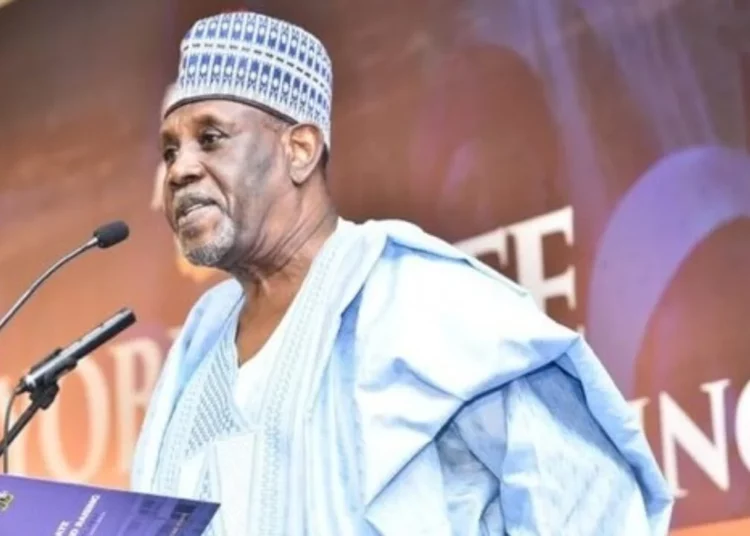Former secretary to the government of the federation (SSG), Babagana Kingibe has stressed that the challenges faced by successive Nigerian governments are routine preoccupations of governance and should not be seen as the faults of democracy as a system.
He spoke yesterday during the 2024 Democracy Day Lecture at the Banquet Hall of the Presidential Villa, Abuja.
Kingibe, co-chair of the organising committee, acknowledged that over the past 25 years since the return to civilian rule, Nigerian governments have grappled with many national issues.
He listed the issues as security threats, economic stagnation, inclusion deficits, population explosion, unemployment, uneven development, corruption, lack of national cohesion, infrastructural deficits, and inadequate social services like education and health.
“These challenges, from independence to date, persist, and they will continue to persist because they are the routine preoccupations of government.
“In confronting them, governments determine their priorities and make their choices,” Kingibe stated.
He argued that while robust debates about the government’s choices and priorities are welcome, they should be conducted without demonisation or vilification.
Kingibe drew a clear distinction between democracy as a system of governance derived from the people’s consent and the process of governance itself, which involves tackling complex challenges.
He echoed Winston Churchill’s sentiment that democracy may produce an imperfect form of government, but no better alternative has been invented.
“We have concluded that the worst civilian government is better than the best military regime,” Kingibe said, referring to Nigeria’s past experience with military dictatorships.
He acknowledged that democratic governments may sometimes fail to deliver expected services promptly, leading to frustration among the populace.
However, he emphasised that this is not a fault of democracy as a system, but rather the inherent difficulty of democratic governance.
Kingibe encouraged patience and cooperation from Nigerians until the next election cycle, when the people can deliver their verdict on the government’s performance through the ballot box.
The Democracy Day Lecture, held at the Presidential Villa in Abuja, commemorates Nigeria’s transition to civilian rule on May 29, 1999, after years of military dictatorship.





